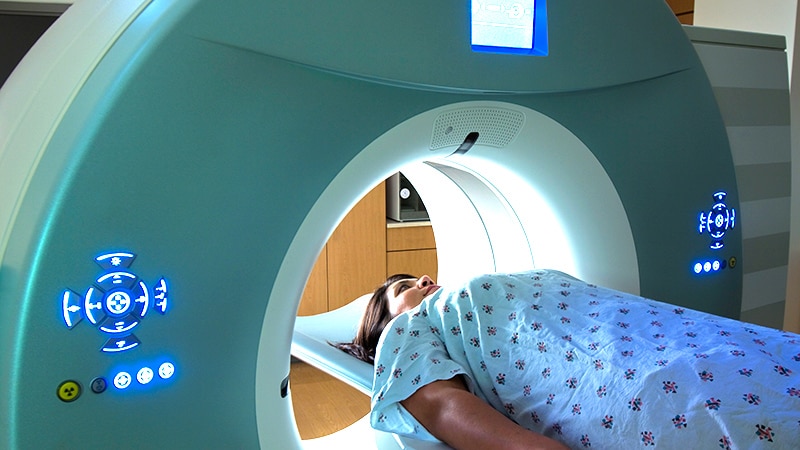Continuation of perioperative chemotherapy post-surgery does not improve outcome in patients with oesophageal or gastroesophageal junction (GEJ) adenocarcinoma.
The role of adjuvant chemotherapy has been questioned by many experts in favour of preoperative chemo (radio) therapy. Consequently, a team from the medical oncology departments at the Christie NHS Foundation Trust, the Mid Yorkshire Hospitals Trust, and Leeds Teaching Hospitals Trust, studied 210 who underwent radical surgical resection after preoperative chemotherapy. Chemotherapy was mainly ECX (epirubicin, cisplatin, capecitabine).
Of the total, 67.3% had GEJ and 32.7% had lower oesophageal adenocarcinoma. Microscopically clear surgical margins (R0) were achieved in 66.7%.
In those who continued chemotherapy after surgery, median time-to-relapse (TTR) was 22.2 months, compared to 25.7 months in those who received only neoadjuvant chemotherapy (P=0.627). Overall survival (OS) was 46.1 vs 36.7 months (P=0.199), and post-relapse survival was 15.3 vs 8.7 months (P=0.122).
However, subgroup analysis showed that only patients with microscopically residual disease after surgery (R1 resection) benefited from continuation of chemotherapy post-surgery for both TTR (HR 0.556; 95% CI 0.330-0.936, P=0.027) and OS (HR 0.530; 95% CI 0.313-0.898; P=0.018).



